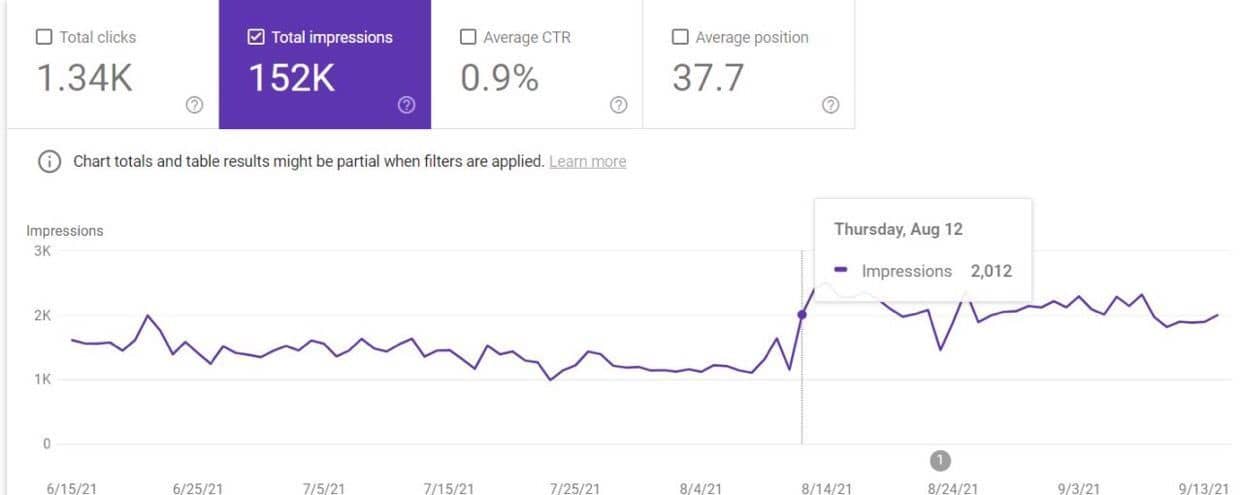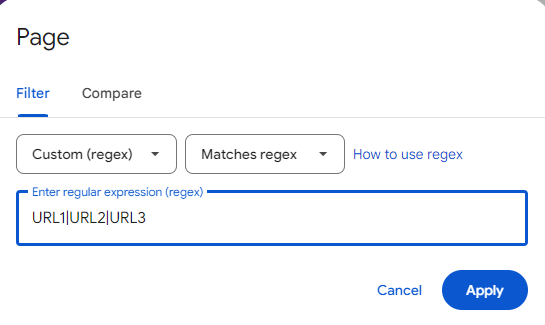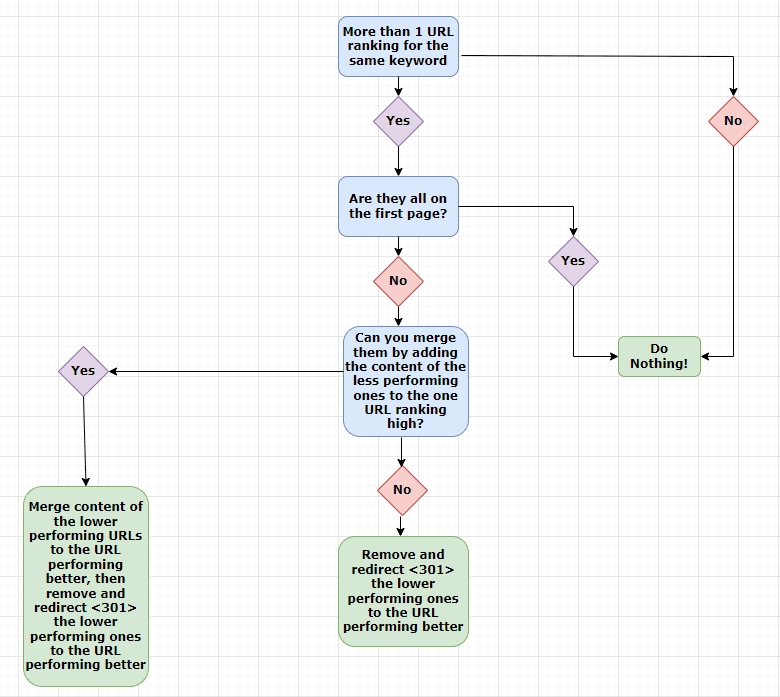Case Study: Impact of Resolving Keyword Cannibalization

One time I was doing a content audit for a website. One interesting finding was the amount of cannibalized content I found on the blog. The website owner was continually creating content, but some of it heavily overlapped.
What is keyword cannibalization in SEO?
Keyword cannibalization in SEO occurs when multiple pages on the same website target the same keyword or similar phrases, causing them to compete against each other in search rankings. This issue can dilute page authority, confuse search engines, and negatively impact overall website visibility.
Why is keyword cannibalization a problem?
Keyword cannibalization negatively impacts SEO by splitting traffic and ranking potential between competing pages. This weakens individual page authority, confuses search engines about which page to prioritize, and can reduce overall site visibility in search results. It often results in lower rankings for all affected pages.
There are situations where existing content cannibalism doesn’t need to be fixed.
For example:
- If you have 2 blog posts both ranking very high on the first page. You can leave them, more assets in SERPs is never a bad thing. Additionally having more than 1 URL in SERPs can increase your overall CTR even for PPC ads if you're running ads on the same keyword. Also, more eyes on your brand name. If it isn’t broken, don’t fix it😂
- But sometimes, you’ll find one blog post ranking high, and then 2-3 others targeting the same topic, ranking very low (on 2nd, 3rd pages for example) and doing nothing but jeopardizing the performance of each other and of the top performing blog. Redirecting the less-performing blogs to the high-performing one would fix the issue.
Keyword Cannibalization Example
Two URLs were cannibalizing each other in search. Below, is how both of the URLs were performing over time, till the moment we fixed the cannibalization issue (August 12th).

The graph above shows the performance for multiple URLs by using the Regex filter in GSC. You can do that by simply adding a pipe "|" between URLs. A pipe between URLs means "OR". So you are basically telling GSC to show you the performance for URL1 or URL2 or URL3.

How to Fix Keyword Cannibalization?
Here's a simple decision chart to help you address the issue:

Step by step
- Evaluated the group of URLs, and list them in terms of impressions, clicks, and rankings.
- If all the URLs are ranking well and on the first page, then do nothing.
- If only one of the URLs is performing well and ranking on the first page, look at the other URLs, can we recycle their content and merge to (append it) to the URL already performing well? If possible, merge the content.
- Remove and redirect the less-performing URLs via 301 redirects to the better-performing URL
As you can see in the graph above, the result is that the performance of one URL is now even better than all of the previously cannibalizing URLs combined!
The SEO Riddler Newsletter
Join the newsletter to receive the latest updates in your inbox.



